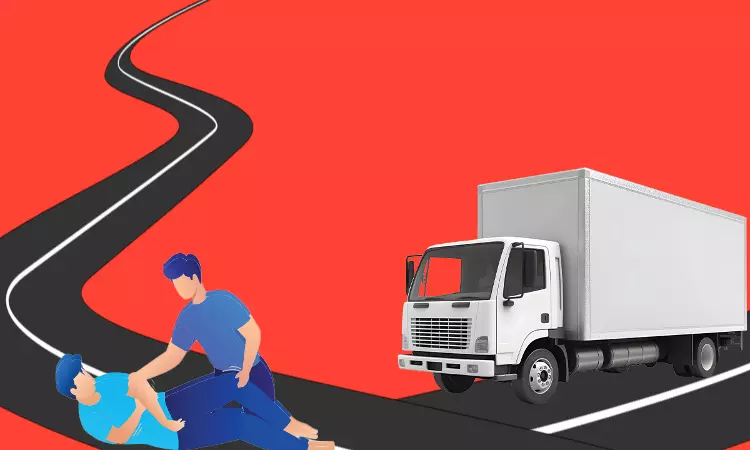Delhi HC Allows Claim Of Widow Whose Husband Died Helping Road Accident Victim, Says Law Must Stand With Good Samaritans
Debby Jain
8 Dec 2023 3:00 PM IST

The court said that helping an injured on a public road/highway is the prime duty of everyone.
Next Story


